
Bill Clinton, the 42nd President of the United States, served from 1993 to 2001 and is widely recognized for his charismatic leadership and centrist policies that aimed to balance progressive ideals with fiscal conservatism. Clinton presided over a period of economic prosperity, with record job growth and budget surpluses, but his presidency was marred by personal scandals and policy missteps that continue to fuel debates about his legacy.
Early Life and Career
A Modest Beginning
Born on August 19, 1946, in Hope, Arkansas, William Jefferson Clinton grew up in a working-class family. His early life was shaped by his stepfather’s struggles with alcoholism and his mother’s resilience, experiences that deeply influenced his later emphasis on opportunity and perseverance.
Academic and Political Foundations
Clinton attended Georgetown University and later became a Rhodes Scholar at Oxford. After earning a law degree from Yale, he returned to Arkansas, where he embarked on a political career that led to his election as the state’s governor.
Entry into Politics
Governor of Arkansas
Clinton served as Governor of Arkansas for 12 non-consecutive years, where he focused on educational reform and economic development. Despite initial failures, he gained a reputation as a pragmatic leader capable of adapting to challenges.
Presidential Campaign
In 1992, Clinton defeated incumbent George H.W. Bush, leveraging a message of economic renewal and middle-class opportunity. His campaign, marked by the slogan “It’s the economy, stupid,” resonated with voters concerned about recession-era struggles.
Presidency (1993–2001)
Economic Prosperity
Clinton’s presidency is often defined by the unprecedented economic growth of the 1990s.
- Budget Surplus: Clinton worked with a Republican-controlled Congress to pass budgets that led to the first federal budget surplus in decades.
- Job Creation: His administration saw the creation of more than 22 million jobs, driven by technological innovation and a booming stock market.
- Welfare Reform: The 1996 Welfare Reform Act aimed to reduce dependency on government aid but faced criticism for its impact on vulnerable populations.
Trade Policies
Clinton championed globalization, signing the North American Free Trade Agreement (NAFTA) and normalizing trade relations with China. While these moves boosted international trade, they also led to job losses in American manufacturing sectors, sparking backlash from labor unions and economic populists.
Domestic Policies and Challenges
Healthcare Reform Failure
Clinton’s ambitious attempt to reform healthcare, led by First Lady Hillary Clinton, collapsed under political opposition, highlighting the limits of his administration’s influence.
Crime Bill Controversy
The Violent Crime Control and Law Enforcement Act of 1994, which increased funding for police and introduced tougher sentencing laws, contributed to mass incarceration, disproportionately affecting minority communities.
Foreign Policy
Interventionism and Diplomacy
Clinton’s foreign policy was marked by humanitarian interventions and efforts to expand American influence.
- Balkan Wars: He authorized NATO-led interventions in Bosnia and Kosovo to halt ethnic cleansing.
- Middle East Peace Efforts: Clinton brokered the Oslo Accords between Israel and Palestine, though lasting peace remained elusive.
- Counterterrorism: Despite warnings from advisors, Clinton’s administration struggled to counter the growing threat of terrorism, as evidenced by the 1998 U.S. embassy bombings and the rise of al-Qaeda.
Scandals and Impeachment
The Monica Lewinsky Scandal
Clinton’s affair with White House intern Monica Lewinsky and his subsequent perjury led to his impeachment by the House of Representatives in 1998. Though he was acquitted by the Senate, the scandal overshadowed much of his second term and sparked debates about personal integrity versus public performance.
Other Controversies
His administration also faced scrutiny over fundraising irregularities and controversial presidential pardons during his final days in office.
Strengths and Legacy
Economic Leadership
Clinton’s economic policies are often credited with laying the groundwork for one of the longest periods of peacetime economic expansion in U.S. history.
Centrism and Pragmatism
A master of political compromise, Clinton embraced “Third Way” politics, blending liberal and conservative ideas to appeal to a broad coalition of voters.
Criticisms and Challenges
Income Inequality
While the economy flourished under Clinton, income inequality widened, with much of the wealth concentrated at the top. Critics argue his focus on globalization and deregulation prioritized corporate interests over working-class Americans.
Deregulation and Financial Risk
Clinton signed legislation that repealed parts of the Glass-Steagall Act, a decision some economists believe contributed to the 2008 financial crisis by enabling risky behavior in the banking sector.
Mass Incarceration
The policies introduced during his presidency fueled a surge in imprisonment rates, leaving a lasting legacy of systemic injustice within the criminal justice system.
Conclusion
Bill Clinton’s presidency was a study in contrasts: a period of remarkable economic growth and global engagement, yet also one marked by policy failures, deepening inequality, and personal scandals. While he remains a celebrated figure for his leadership during a prosperous era, the long-term consequences of his decisions continue to shape debates about the role of government, global trade, and social justice.


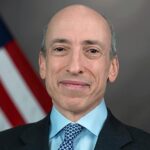

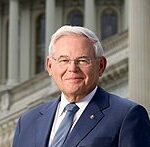

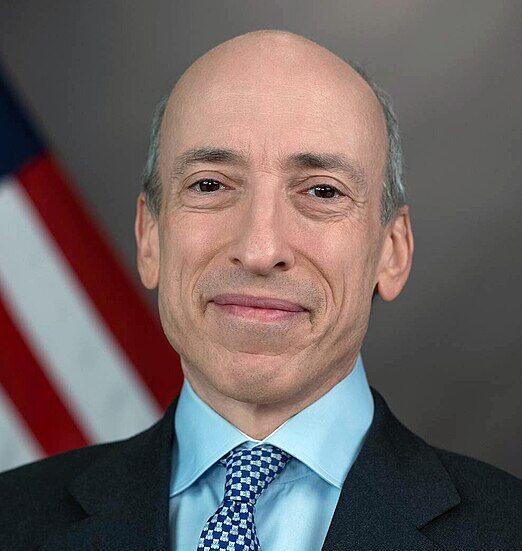
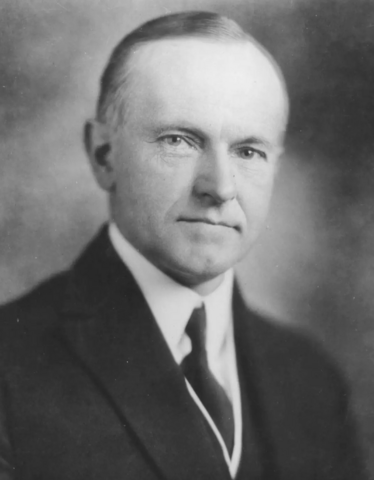
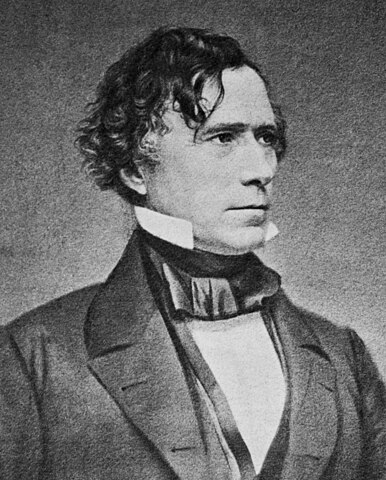
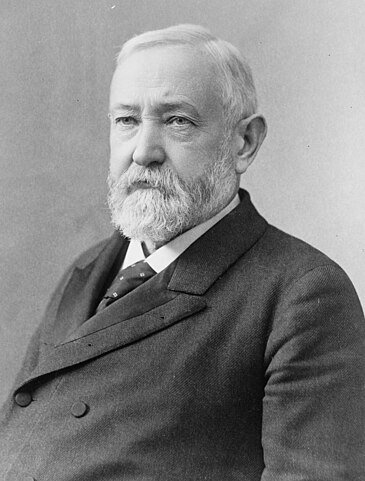
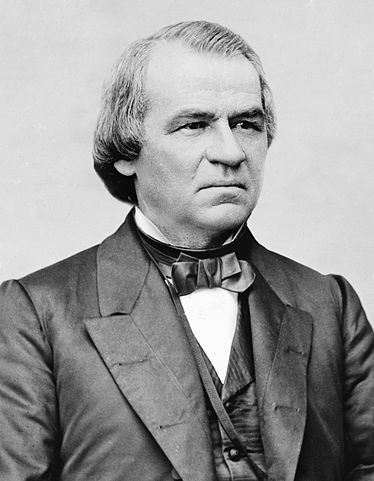

A better president than he is given credit for and an even better diplomat. Other than the NAFTA mistake Clinton didn’t do that much harm to the nation and in fact left it better off than it was when he was swore in.
I could care less who he had sex with. Not my business and I don’t blame him for lying about it. He should have had the balls to say ” You know what? That is none of your dang business. Next question or we are done!”
We hired the man to do a job not to lech about over his s3x life.
People say Bill was a good president. I say he is the best in recent memory, this being in my life time (30yrs). Now, he had a a few problems, the 1994 Crime Bill in which 10 billion was dispensed to states and “special interest groups” , which had resources geared toward incarceration instead of rehabilitation. NAFTA which lowered environmental standards for increased free trade. Also the whole Monica Lewinsky scandal.
Having said all that, he’s was still better than any other president in recent history. Also after his presidency he has made strides in his humanitarian efforts (NK Journalist, and Haiti).
The rant he held against Black Lives Matter (happened recently) activists in the audience of Hillary’s campaign was awful. He completely missed the point of the movement and put words into a lot of people’s mouth. Next to that, he also said that he “almost” wants to apologize for the scene he pulled… how arrogant. Thanks for showing us everything that’s wrong with democrats and their approach to racial politics, Bill.